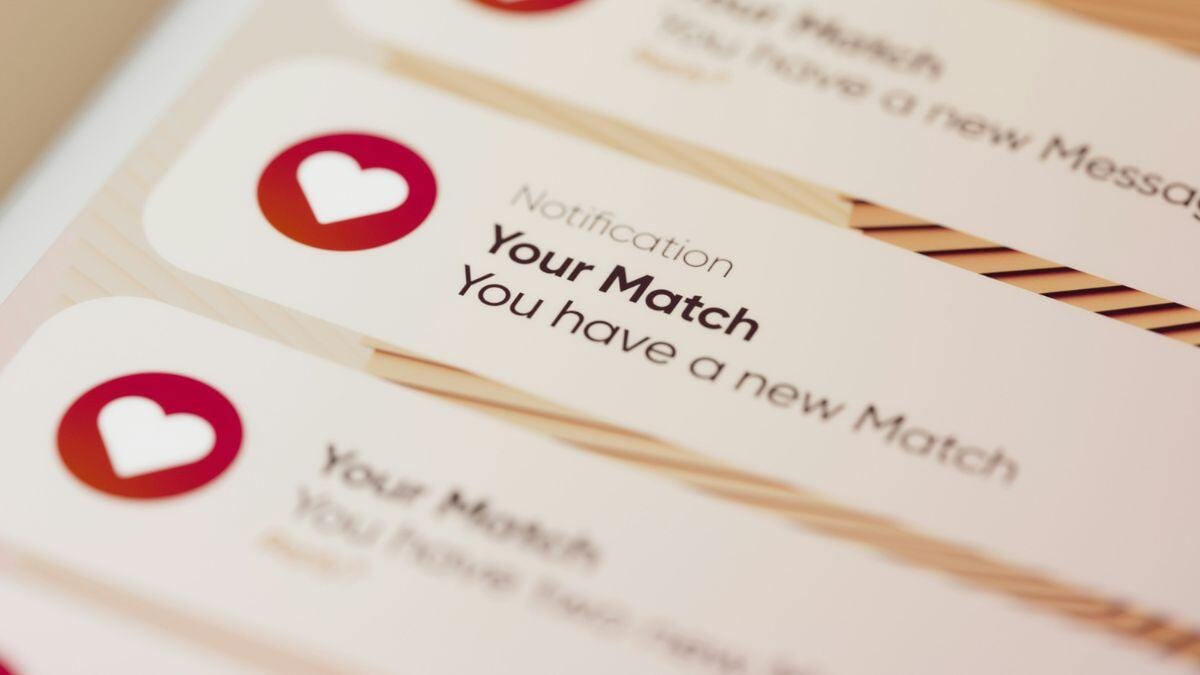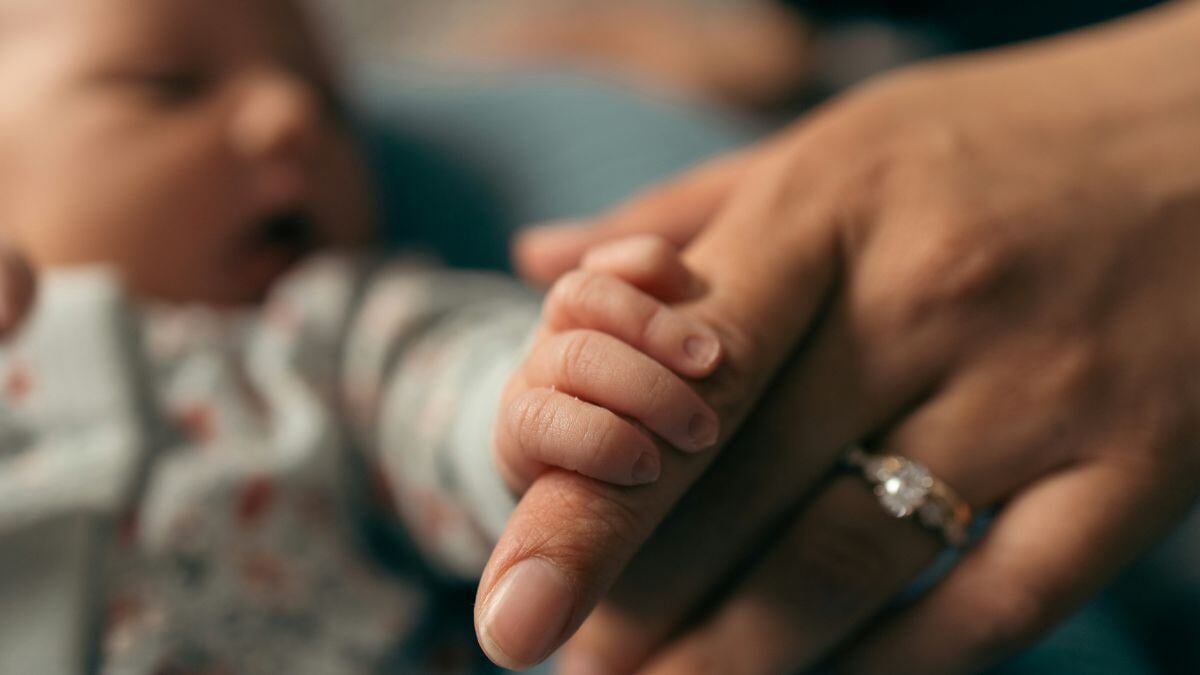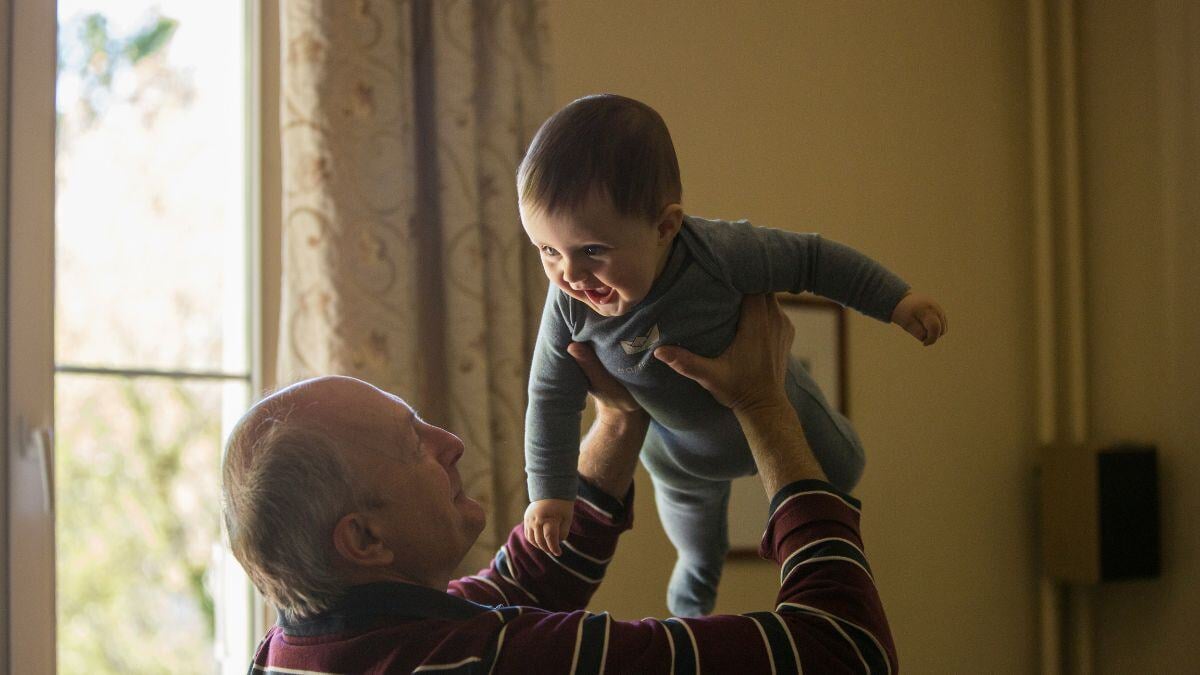Americans Still Want Children
Authors: John Stonestreet and Shane Morris

Author: John Stonestreet | Shane Morris
Sometimes, inventions meant to revolutionize the world turn out to be passing fads. The latest example is dating apps. A recent article in The Economist attempted to explain “why people have fallen out of love” with these digital aids to falling in love.
Apparently, dating apps peaked in 2021. They are now at their lowest number of active users since 2019. Some, like Bumble, an app that allowed only women to initiate chats, have tanked so badly they became objects of online ridicule and ditched their “ladies first” model. Others, like Hinge, which bills itself as “the dating app designed to be deleted,” alienated users by putting desirable matches behind paywalls. Downloads of Tinder, the dating-and-hookup app that once ruled the rest, have fallen by a third since 2014.
Considering the less-than-stellar results of these apps, their decline is not surprising. Just 10% of people in a committed relationship met their partner on an app or site. Pew Research reports that half of women on the apps rate their experience as “somewhat or very negative.” One study published in the journal Computers in Human Behavior found that, “Online daters reported less satisfying and stable marriages than those who met their spouse offline.” A study of the Institute for Family Studies confirmed this finding that, compared with other ways people meet spouses—church, parties, friend groups, college, and work—online dating resulted in the lowest average marital satisfaction.
None of this is to suggest that online dating is hopeless. After all, there are many people, including Christians, who have found loving, lasting relationships using these tools. In fact, some earlier iterations like eHarmony were founded by Christians and, at least in the beginning, did a far better job of leading people toward committed love than the newer, “swipe-left, swipe-right” type apps.
Even so, something about seeking love online leaves love frustratingly elusive and fragile. Perhaps it is the disembodied nature of dating apps and how they replace direct experience of a person with a profile that may conceal, intentionally or not, who they are. Like social media, dating apps encourage users to curate identities, putting forward only the most flattering traits and photos while hiding flaws and idiosyncrasies. This kind of self-airbrushing can lead to false pretenses.
Also, dating apps are inherently consumeristic, requiring users to judge others like products on a shelf. There’s always a competing product and a better deal one aisle over. Plus, the illusion of an endless supply of alternatives can really kill romance. As Nancy Jo Sales wrote at The Guardian:
[P]eople who meet on dating apps meet in an atmosphere of endless choice. They’ve looked at hundreds or thousands of pictures of people before settling on a certain someone, but they never stop knowing that the parade of other possible someones marches on.
It also may be that this era of dating apps has made meeting in real life harder. Nearly half of men between the ages of 18 and 25 say they’ve never asked a woman out in person. According to Acton Institute fellow Anthony Bradley, many guys tell him they won’t approach women in the real world because they’re afraid of being labeled “creepy” or “predators.”
As it becomes clear that these apps really aren’t the future of dating, more people will seek alternatives. Currently, the market doesn’t seem to have a ready replacement. Perhaps that’s because the market isn’t the best place for producing love. Perhaps the solution is to revive in-person, non-airbrushed interaction that sparked relationships and marriages in the past. Perhaps, this a job for ... wait for it ... churches and other Christian communities. After all, there just aren’t that many spaces left for in-person connections, much less those that still think of marriage as the good, life-giving thing God made it to be. Churches also can provide built-in accountability structures that are largely missing in the wider culture.
I often tell students when I teach at Summit Ministries, “Look to your left and right. Your future spouse could be in this classroom.” Most laugh … but many have married someone they meet in that classroom, me included.
(Disclaimer: Summit Ministries has asked me to stipulate that this is not a money-back guarantee, and that past results do not guarantee future success.)
Whatever strategies Christians employ to bring young couples together, we can acknowledge what is true about people and love. As the decline of dating apps indicates, people aren’t products, and many are tired of pretending they are.

Authors: John Stonestreet and Shane Morris

Author: John Stonestreet and Shane Morris

Authors: John Stonestreet and Shane Morris